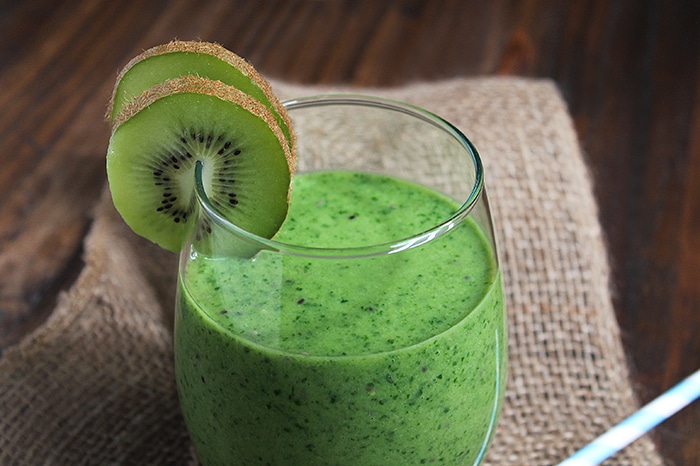
Herbal Supplements Vs Synthetic Vitamins: What’s the Difference?
People used to rely solely on natural remedies to cure illness and infection. Nowadays, technology has advanced and so has our understanding of how our diets and immune systems interact.
However, this doesn’t mean to disregard herbal supplements, because they still very much have their place in modern medicine alongside synthetic vitamins. What are the differences between each? What are the advantages and disadvantages of your health of both when it comes to improving your bodily functions? We’re here to talk you through these differences and perhaps find a solution that marries the two along the way.
Table of Contents
Toxicity
Herbal supplements are made entirely from natural products such as medicinal plants, so they don’t have any contaminants. Organic turmeric capsules are a popular choice among those suffering from inflammation or blood diseases.
Synthetic vitamins, on the other hand, don’t occur naturally and are instead manufactured in an artificial environment. Chemicals are used to bond the nutrients together in a high concentration. This means you get a higher vitamin dosage but you’re also at a greater risk of introducing toxic products into your body.
Allergies
As herbal supplements are manufactured using only a couple of ingredients – as opposed to a whole host of compounds and chemicals – they are less likely to stimulate allergic reactions in consumers.
However, this means they have a singular use, while synthetic supplements like multivitamins cover a lot more bases. According to Noor Natural Wellness, if you want both purity and potency, then you should buy Halal vitamins.
These vitamins are made by combining nutritional science and pharmaceutical-grade manufacturing. This results in a highly concentrated vitamin supplement which is made from natural ingredients, thereby reducing the risk of an allergen or toxic products entering your system.
Effectiveness
As mentioned before, synthetic vitamins will introduce a higher concentration of vitamins to your body with one dosage than a herbal supplement will. As they’re much more potent, you can see their effect almost immediately.
Herbal remedies, however, are generally used as a holistic treatment. To see their impact, you need to combine them with a multitude of other factors, and some speculate their benefits might stem from a placebo effect more than anything. If you want tangible results, then synthetic vitamins are the better of the two.
Side Effects
Introducing toxins to your body can have long-term implications, not just short-term ones like an allergic reaction. Some synthetic drugs can result in gastrointestinal problems, while others might cause nephrotoxicity which damages your kidneys.
Herbal supplements or Halal vitamins are once again better in this regard. The former has pure ingredients that bring only raw nutrients into your body; while the latter is without genetically modified organisms, artificial sweeteners, and alcohol. Don’t make the mistake of bringing more bad than good into your body by choosing the wrong vitamin supplements.
These are the main differences between natural and synthetic vitamins. If you want something that’s naturally conceived and effective, then we recommend Halal vitamins. These are the perfect middle ground between the two.






